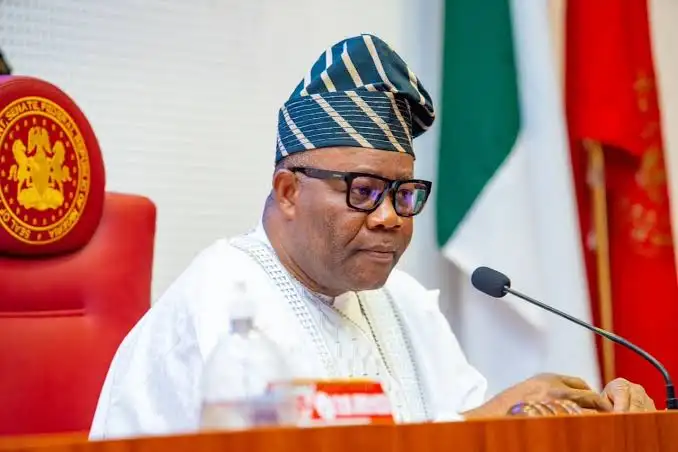Nigeria Inches Closer to Parliamentary System of Government as Bill to Create Office of Prime Minister Passes Second Reading
 House of Representatives has taken a giant leap towards the restructuring of the country’s governance system as a bill seeking the creation of the office of the Prime Minister passed second reading.
House of Representatives has taken a giant leap towards the restructuring of the country’s governance system as a bill seeking the creation of the office of the Prime Minister passed second reading.
The bill aims to alter Nigeria’s current presidential system of government to a parliamentary system, where executive power would be vested in an elected Prime Minister by the legislature. The President, however, would become a ceremonial head of state.
This step is part of a broader constitutional amendment process aimed at addressing governance problems and improving efficiency. The bill is one of 32 proposed constitutional amendments that was passed in the House on Thursday. The other big amendments include the creation of national and local government police forces and reserved seats for women in the National and State Assemblies.
Proponents of the bill have argued that a parliamentary system will usher in greater accountability and reduce the cost of governance. Critics, however, have warned that although such a reform is necessary, it needs to be properly planned to avoid political instability.
The proposed reforms will now undergo closer scrutiny and debate before they are potentially adopted into law. If adopted, Nigeria’s governance system could witness its most significant reform since the 1999 Constitution was enacted.







